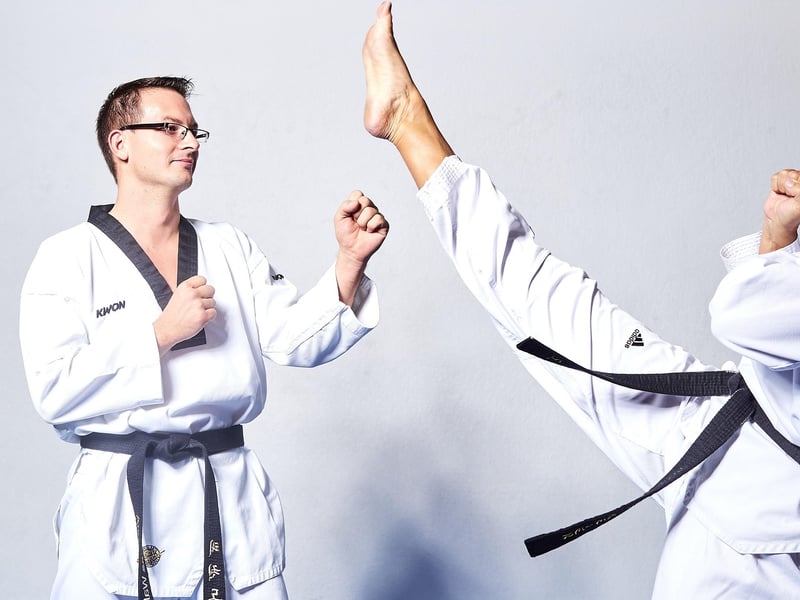Taekwondo
The Importance of Discipline and Self-Defense Practices in Taekwondo
When it comes to martial arts, Taekwondo stands out not only as a form of self-defense but also as a discipline that promotes physical and mental well-being. Let's explore why discipline and self-defense practices are crucial in the context of Taekwondo.
The Role of Discipline in Taekwondo
Discipline is at the core of Taekwondo, shaping practitioners not only in their physical abilities but also in their mental strength. Through consistent training and adherence to the principles of Taekwondo, students learn the value of focus, perseverance, and respect.
By following a structured training regimen, students develop self-discipline, which extends beyond the dojang (training hall) into their daily lives. This discipline helps individuals set and achieve goals, overcome challenges, and cultivate a strong work ethic.
The Significance of Self-Defense Practices
Self-defense is a fundamental aspect of Taekwondo, equipping practitioners with the skills and confidence to protect themselves in real-world situations. Techniques such as strikes, blocks, and kicks are taught not with the intent to instigate violence but to empower individuals to defend themselves if necessary.
Through regular practice of self-defense techniques, students improve their physical coordination, agility, and reflexes. Additionally, they learn how to assess potential threats, de-escalate confrontations, and respond effectively in dangerous scenarios.
Benefits of Combining Discipline and Self-Defense
When discipline and self-defense practices are integrated into Taekwondo training, students experience a holistic transformation that goes beyond physical fitness. The mental fortitude developed through discipline complements the practical skills acquired through self-defense training.
By honing their discipline, students enhance their focus and determination, allowing them to master intricate techniques and strategies. This mental resilience, coupled with self-defense proficiency, empowers individuals to navigate challenging situations with confidence and composure.
Conclusion
In conclusion, discipline and self-defense practices are essential components of Taekwondo that contribute to personal growth, self-improvement, and overall well-being. By embracing the principles of discipline and honing their self-defense skills, practitioners of Taekwondo develop not only as martial artists but as individuals capable of facing life's challenges with strength and resilience.

Experience the transformative power of Taekwondo by incorporating discipline and self-defense practices into your training regimen today!
For more information about Taekwondo and its benefits, visit World Taekwondo.
